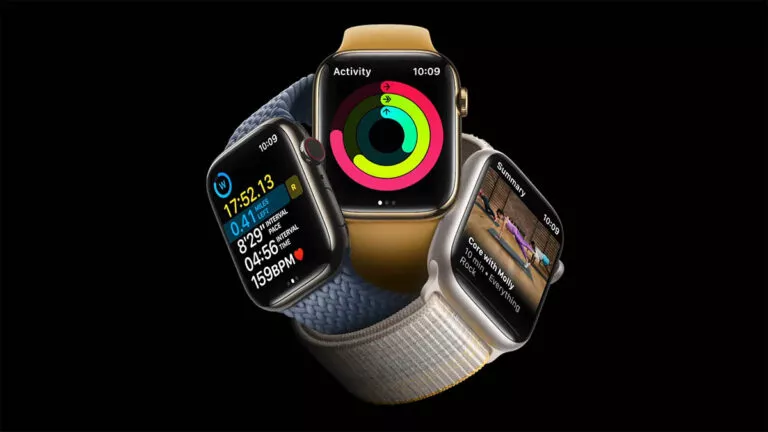Apple Engineers Have Invented A Tech To Track Ads Without Invading Privacy
Apple has always advocated privacy and has time and again beaten its chest for being a company that doesn’t treat its customers as products.
On a similar note, Apple engineers have come up with a new technology that tracks ad clicks without invading user’s privacy. The technology has been invented by engineers who work for WebKit, Apple’s browser engine and will be included in Safari.
The new technology is called “Privacy Preserving Ad Click Attribution.” Speaking in layman’s terms, this technology allows advertisers to acknowledge that a user has purchased a product by clicking on the advertisement without obtaining much information about the user.
The conventional method used by marketers involves using a tracking pixel or a similar element to track the purchasing process. On websites with similar tracking pixels, cross-site tracking is performed by marketers and user’s profile is created to analyze his shopping habits.
Safari limits cross-site tracking by its Intelligent Tracking Prevention mechanism.
How does this technology work?
According to WebKit engineers, this technology has three parts:
- Storing ad clicks by the page hosting the ad at the time of an ad click
- Match conversions against the already stored ad clicks.
- Sending out ad click attribution data once the conversion matches the ad click.
This technology prevents user profiling by making sure that stored ad clicks expire after they have matched.
The blog post reads, “The entropy of both ad campaign ID and conversion data needs to be restricted to a point where this data cannot be repurposed for cross-site tracking of users. We propose six bits each for these two pieces of data, or values between 0 and 63.”
Apple has implemented the Privacy Preserving Ad Click Attribution technology in Safari Preview 82+ for macOS. To test the feature, you need to enable it by visiting the Developer menu and then the Experimental features submenu.
You can read in detail about this technology here.
Also Read: 6 Open Source Android Alternative Operating Systems For Mobiles





